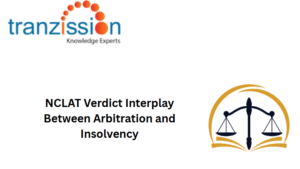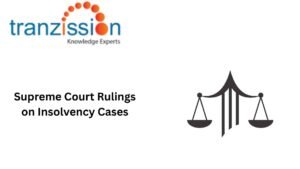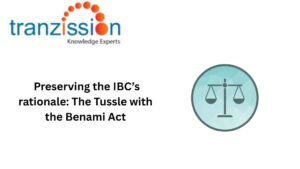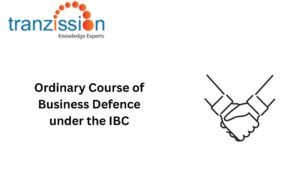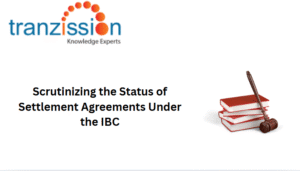
The role of directors during insolvency proceedings
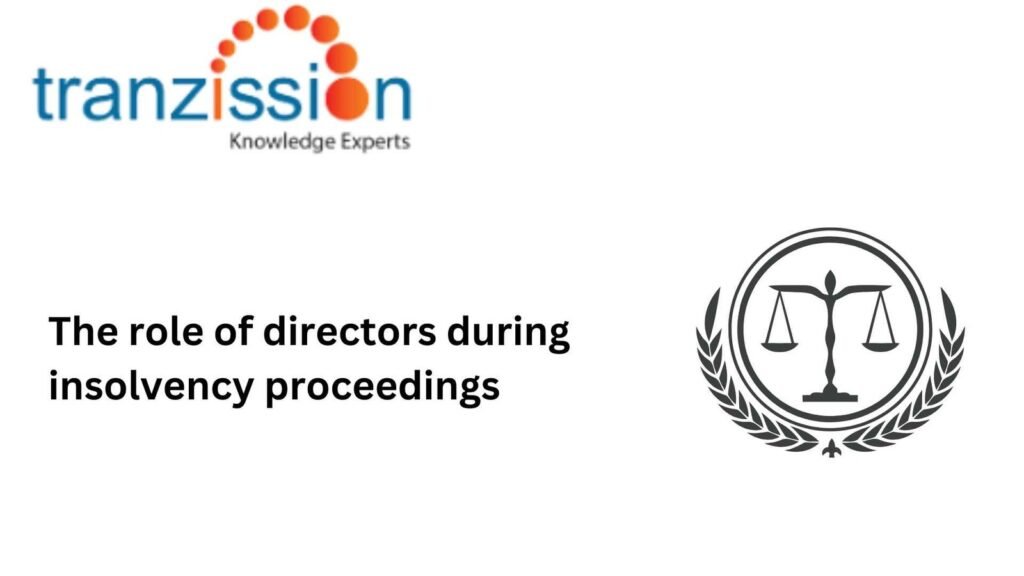
Table of Contents
When a company enters insolvency proceedings, the role of the director significantly shifts. The directors of the company are expected during the financial difficulty period to act in the bona fide interests of the creditors and simultaneously ensure that adequate steps are taken to keep the company off insolvency. We will look into a directors during insolvency proceedings in a company insolvency and any issues that they might face.
Key Duties of directors during insolvency proceedings
Directors must be aware or should reasonably have been aware that the company is facing insolvency. Therefore, directors have certain duties before and during insolvency:
Shift in Fiduciary Duty:
Before the insolvency process, the company’s directors during insolvency proceedings had primary duties to shareholders, including acting in the best interest of all stakeholders, avoiding conflicts of interest, and not using the company’s information for personal gain. Once a company is “insolvent”, the director’s primary duty shifts from maximising shareholder value to minimising losses for creditors. During the corporate insolvency resolution process (CIRP), directors’ fiduciary duties shift towards protecting creditors’ interests. This is rooted in insolvency laws and corporate governance principles in the United Kingdom (UK) and India.
Read more : Doctrine of Commercial Wisdom of CoC
Duty to Avoid Wrongful Trading:
It is crucial that directors must not continue trading if insolvency is imminent and cannot reasonably be avoided, if they do it will be known as “wrongful trading”. Personal liability may arise if directors during insolvency proceedings knowingly exacerbate creditor losses during insolvency, particularly in wrongful trading. The UK’s Insolvency Act 1986 defines a director’s duty to avoid wrongful trading by stating that when a company is insolvent, directors must not continue to trade if they know, or ought to know, that there is no reasonable prospect to avoid insolvency and will be held personally liable for any further losses incurred by the company due to continued trading. Similarly, Under the Insolvency and Bankruptcy Code, 2016 (IBC) directors during insolvency proceedings must take the necessary steps to minimise potential losses to creditors once they know or ought to know that the company is likely to become insolvent, and not continue trading in a manner that would further exacerbate the debt burden.
Transparency and Accurate Disclosures:
directors during insolvency proceedings are required to maintain accurate financial records and disclose material information during insolvency proceedings. Insolvency professionals assess the company’s financial health and inform the directors about such details.
Challenges Faced by Directors During Insolvency
Directors face significant challenges during the insolvency of a company as they must handle multiple stakeholders at once, legal risks and personal liabilities, and emotional and reputational stress:
Balancing Stakeholder Interests:
The directors need to prioritise the creditors’ rights to recover debt while also trying to preserve some value for the shareholder, often leading to difficult decisions where maximising returns for one creditor may come at the expense of another. Therefore, they must navigate conflicting interests among creditors, employees, and other stakeholder. This can be done by balancing between cost-cutting and maintaining operational stability.
Legal Risks and Personal Liabilities:
Directors also face personal liability if they fail to fulfill their statutory duties, such as wrongful trading or fraudulent conduct. The burden is on the directors to prove they acted reasonably and diligently when a company is insolvent.
Emotional and Reputational Stress:
The directors face legal and possible financial consequences because of the company’s insolvency. In addition, insolvency proceedings often place directors under significant personal and professional strain.
Legal Perspectives on Director’s Duties During Insolvency
UK Perspective:
Under the UK’s Insolvency Act 1986, directors have the fiduciary duty to act in the best interests of the company and its shareholders, even after the company becomes insolvent. This means that directors must minimise the amount of money the company owes that will not be repaid. Directors can also be held personally liable for wrongful trading or misfeasance. They must cooperate fully with the administrator or liquidator and provide any information requested by them. While fulfilling their duties and responsibilities, they must comply with statutory duties to avoid disqualification.
Indian Perspective:
The IBC outlines directors’ duties, focusing on creditor protection and avoiding fraudulent trading. Section 66(2)(b) under the IBC states that the director did not exercise due diligence in minimising the potential loss to the creditors of the corporate debtor, the Adjudicating Authority, on an application of the resolution professional, will pass an order and the director will be held liable to make such contributions to the assets of the corporate debtor.
International Best Practices:
In the Australian Insolvency law, directors have the duty to prevent insolvent trading, and be be personally liable for the debt incurred while the company was insolvent if a director breaches the duty to prevent insolvent trading. In the insolvency law of the US, directors’ fiduciary duties expand to include the interests of creditors but they are required to prioritise creditors interests. They are required to minimise the risk of potential losses for creditors, but they are not required to liquidate the company and pay creditors.
Conclusion
Directors play a pivotal role during insolvency, and their actions can determine the outcome for creditors and the company. It is essential to understand when a duty to prioritise arises and to ensure that from the declaration of insolvency, all decisions and actions they take are under strict scrutiny. Directors can take the advice of legal experts to ensure that they are well informed about what they can and cannot do during insolvency and to navigate the legal proceedings efficiently.
FAQs
1. What is wrongful trading, and how can directors avoid it?
Wrongful trading is a legal situation where the directors continue to trade the business despite knowing that it is insolvent and cannot avoid liquidation, this causes further losses to creditors and makes them personally liable for those losses. To avoid wrongful trading, directors should closely monitor the company’s financial health, seek professional advice when facing difficulties, and consider alternative options, such as restructuring.
2. Can directors be held personally liable during insolvency?
Yes, directors can be held personally liable during insolvency due to actions such as misfeasance, fraudulent trading, or wrongful trading
3. How can directors protect themselves during insolvency?
Directors can protect themselves during insolvency by acting diligently and responsibly, looking for warning signs of insolvency to avoid such proceedings, and immediately consulting with an insolvency professional or lawyer with experience in insolvency to navigate the process and understand their legal obligations.

